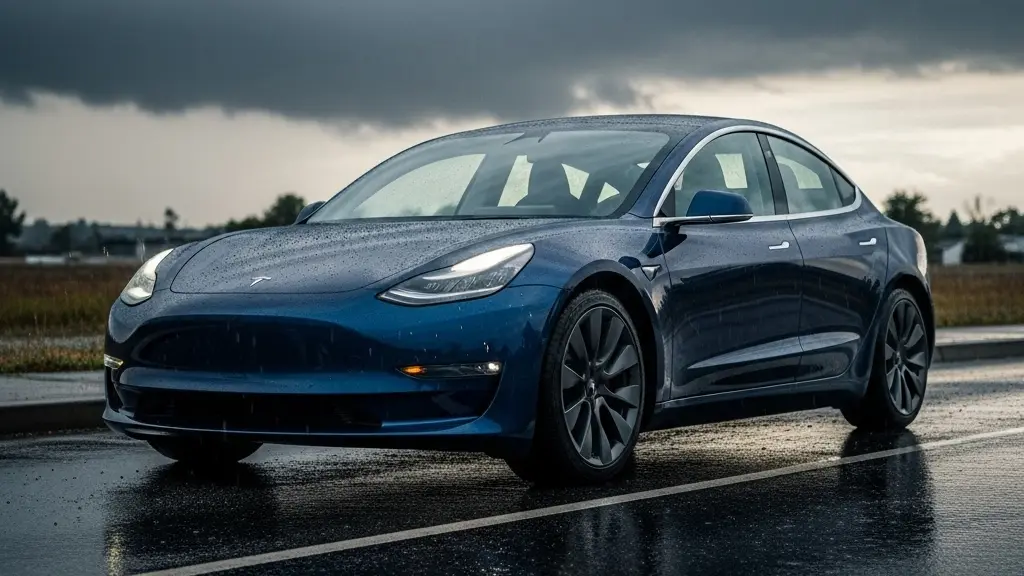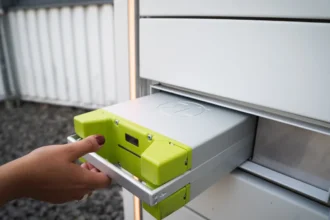Have you ever wondered why electric car insurance costs more than regular car insurance? The answer lies in unique technical challenges that make EVs very different from traditional vehicles.
According to FinancialExpress, electric vehicle owners face special insurance needs, especially during monsoon season when electrical systems become more vulnerable.
Why EV Insurance is Different
Electric vehicles need specialized insurance coverage because their most expensive part – the battery – can cost 40 to 60 percent of the entire car’s value. This means if your battery gets damaged, you could face huge repair bills. Think of it like this: if your regular car engine costs 20% of the car’s price, an EV battery costs three times more as a percentage.
Insurance companies charge 10 to 20 percent higher premiums for electric vehicles compared to similar petrol or diesel cars. This happens because repair costs are higher and fewer mechanics know how to fix EVs properly. However, specialized coverage options help protect EV owners from unexpected expenses.
- Battery protection covers: These policies specifically protect your expensive battery pack from damage, which regular car insurance doesn’t cover adequately since traditional cars don’t have such costly electrical components.
- Charging equipment insurance: This covers your home charging station and cables, which can cost thousands of rupees to replace if damaged by power surges or weather.
- Zero depreciation coverage: Since EV parts are newer and more expensive, this coverage ensures you get full replacement value without depreciation deductions that could leave you paying large out-of-pocket amounts.
Monsoon Season Challenges
During monsoon season, electric vehicles face water ingress risks that can cause short circuits in their complex electrical systems. Unlike regular cars where water mainly affects the engine, EVs have electrical components throughout the vehicle that can be damaged by moisture. This makes comprehensive coverage essential during rainy months when flooding becomes more common.
Government Help and Costs
The Insurance Regulatory and Development Authority of India (Irdai) provides financial relief to encourage EV adoption. This government body, which oversees all insurance companies in India, offers special discounts to make EV insurance more affordable for consumers.
| Vehicle Type | Third-Party Insurance Discount | Real Impact |
| Electric Cars and Buses | 15% discount | Makes EV insurance premiums lower than similar petrol/diesel vehicles in most cases, helping offset higher comprehensive coverage costs |
| Hybrid Vehicles | 7.5% discount | Provides moderate savings for vehicles that combine electric and traditional engines |
This discount system helps EV owners save money on mandatory third-party insurance, making the overall cost of owning an electric vehicle more manageable despite higher comprehensive coverage needs. As more Indians consider electric vehicles, understanding these insurance complexities becomes crucial for making informed decisions.











